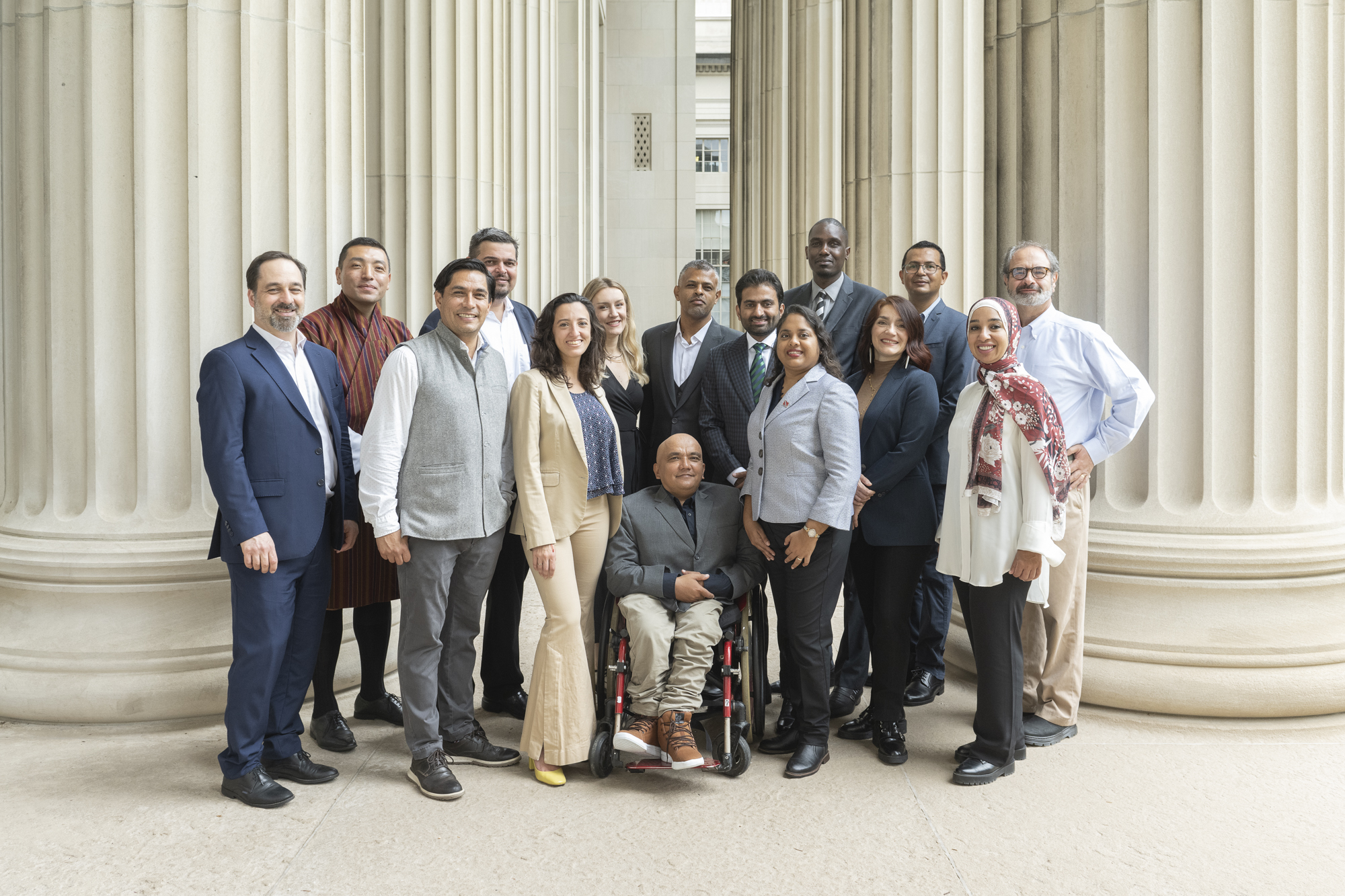A recent study co-authored by scholars from MIT reveals that many employees underestimate the salaries of their peers in other organizations, a misperception that could be costing them significantly in potential earnings.
“Workers often base their expectations about external opportunities on their current pay, which skews their understanding,” explains Simon Jäger, an MIT economist and one of the researchers behind the study.
The findings suggest that on average, workers believe a job change would only result in a meager 1 percent salary increase, despite the reality that they could potentially see a 10 percent pay raise by moving to a different firm. This misconception leads to lower earnings overall.
The research also indicates that individuals in lower-wage positions are particularly prone to this underestimation. Importantly, when workers are provided with accurate information about salaries in their sector, they show a greater likelihood of planning to seek new employment.
This study challenges traditional economic models, which typically assume that workers have correct perceptions of local wage trends. Conducted using data collected in Germany, the researchers believe these insights could be applicable to labor markets worldwide.
“The impact of misjudging outside options on wages is profound,” states Nina Roussille, another co-author and economist at MIT. “Many low-income earners may remain in stagnant positions without recognizing they could earn more elsewhere, which diminishes competitive pressure on firms to enhance salaries.”
The research paper, titled “Worker Beliefs about Outside Options,” is now available in advance online in the Quarterly Journal of Economics. The contributing authors include Jäger, Christopher Roth from the University of Cologne, Roussille, and Benjamin Schoefer from the University of California at Berkeley.
Reassessing Perceptions
To perform this analysis, the researchers integrated a survey module into the German Socio-Economic Panel, an extensive annual survey that represents a cross-section of the German populace. They aimed to measure workers’ perceptions concerning their external employment opportunities and then compared these beliefs with concrete job and salary statistics sourced from Germany’s Institute for Employment Research (IAB).
This combination of data sources provided a clear picture of the disparity between actual wages and worker beliefs. Strikingly, the survey revealed that about 56 percent of participants estimate their salaries to fall between the 40th and 60th percentiles when compared to their peers.
Further, an online experiment involving 2,448 participants was conducted, where accurate salary information was shared. This intervention found a direct correlation: a 10 percentage point rise in estimated salaries at rival firms resulted in a 2.6 percentage point increase in participants expressing an intent to switch jobs.
“Updating these beliefs influences employees’ job-search behavior and negotiations concerning wages,” Roussille notes.
The researchers believe that while job markets may differ, the core insights gleaned from Germany are likely relevant across the globe.
“We feel confident that our results reflect the German labor market, but in countries like the U.S., where wage discrepancies are greater, the impact of these misconceptions may be even more pronounced,” adds Jäger. He also points out that the shifts in the U.S. job market during the pandemic accelerated trends suggesting workers may have been underestimating their potential earnings.
Rethinking Economic Theories
The observations made by Jäger, Roth, Roussille, and Schoefer challenge longstanding economic assumptions that workers hold precise perceptions of wage dynamics. According to Roussille, positive feedback from the economics community suggests that these findings offer a chance to refine economic models to be more aligned with real-world data. “This trend mirrors broader changes in economics, powered by enhanced data collection and analysis capabilities,” she remarks.
The researchers are motivated to deepen their inquiry, particularly exploring how well industry wage knowledge aligns on the employer side as well.
“A natural extension of this research would examine firms’ awareness of these misperceptions and whether they share inaccurate beliefs about competitors’ wages,” Jäger states. In pursuit of this, they have already surveyed managers and aim to further their investigations.
This research was supported, in part, by the Sloan Foundation’s Working Longer Program, the Basic Income Foundation, and the German Research Foundation under Germany’s Excellence Strategy.
Photo credit & article inspired by: Massachusetts Institute of Technology



